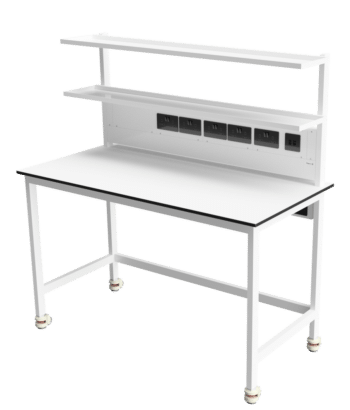Starting out in biochemistry, Eleanor is now a science writer for the European Commission (among others), and is also studying for her Master’s in Neuroscience at University College London.
Have you always liked science?
I can’t remember a time when I wasn’t fascinated by why the world is the way it is and how we function within it. I guess like many curious adults, my favourite word as a child was “Why?”. Having said that, I haven’t always found science exhilarating, or easy! I remember struggling through lots of uninspiring physics lessons in school, but my curiosity and the bigger picture has kept me motivated.
What is your special area of interest and what sparked that interest?
My particular area of interest is the most complex of our organs (and actually the most complex structure in the known universe!) the brain. I’m currently studying for my MSc in Neuroscience at UCL, although it wasn’t always clear to me that I wanted to be a neuroscientist.
I’ve always been fascinated by the body – how it works and what happens when things go wrong. This led me to a degree in biochemistry, a fascinating discipline concerned with the molecular basis of human health and disease. In the years since graduating, I realised that the area of the body I am most interested in is the brain. There are so many unanswered questions here, and as a society we are facing huge challenges – the ageing population & the growing burden of neurodegeneration, plus rising rates of mental health problems in a world that is more complex and more demanding than ever before.
There are many areas of neuroscience I’m interested in, from how the brain develops to what happens when we sleep, but probably my biggest interest is diseases involving clumps or ‘aggregates’ of protein – I am fascinated by these conditions (including Alzheimer’s, Parkinson’s and lesser known but equally debilitating conditions like PSP) and could go on and on about them, but I won’t do that here!
Were any individuals particularly influential in your formative years in the sciences?
Definitely my grandpa. We would watch the Royal Institution Christmas Lectures as a yearly tradition and made regular trips to the Museum of Science and Industry in Manchester (not to mention the ad hoc kitchen dissections!) that really helped to spark my interest in science growing up. My family really helped to nurture this interest, and I had some great lecturers at Bristol who were really inspiring, so thanks to them too!

From a very young age. Medicine was the career I was first aware of, and I spent a lot of time thinking about being a doctor before realising it was the medical research side of things I was most interested in.
What do you enjoy most about working in this industry?
I love that it’s a constant learning process. Every day I learn something new, which makes it a really exciting field to work in. It’s brimming with enthusiasm, and that’s infectious. When you speak to researchers about their work, they are hugely passionate about what they do. Life is too short to choose a career based on the pay check and struggle through the week hanging on for the weekend, and I love that science is full of people who really care about what they do.
Do you have any advice for young people with scientific aspirations?
I guess my advice would be don’t be discouraged, persevere no matter what! A career in science isn’t always easy and certainly not the best paid, but it definitely pays off in other ways. It’s one of the most personally rewarding careers if you have the patience and I would highly recommend it.
If you weren’t professionally involved with the sciences, what career path would you follow?
I’d probably want to work in music in some capacity – my other big love in life. I play the guitar (very badly) and have just started to learn the piano, and if I had more time I’d devote it to getting better at both.
And would you ever leave science?
I hope not! I love science – writing about it and doing it – and hope to do a PhD in neuroscience in the next couple of years. The funding landscape is challenging and things are pretty uncertain for scientists at the moment, but I hope to stay in science for a lifetime.



